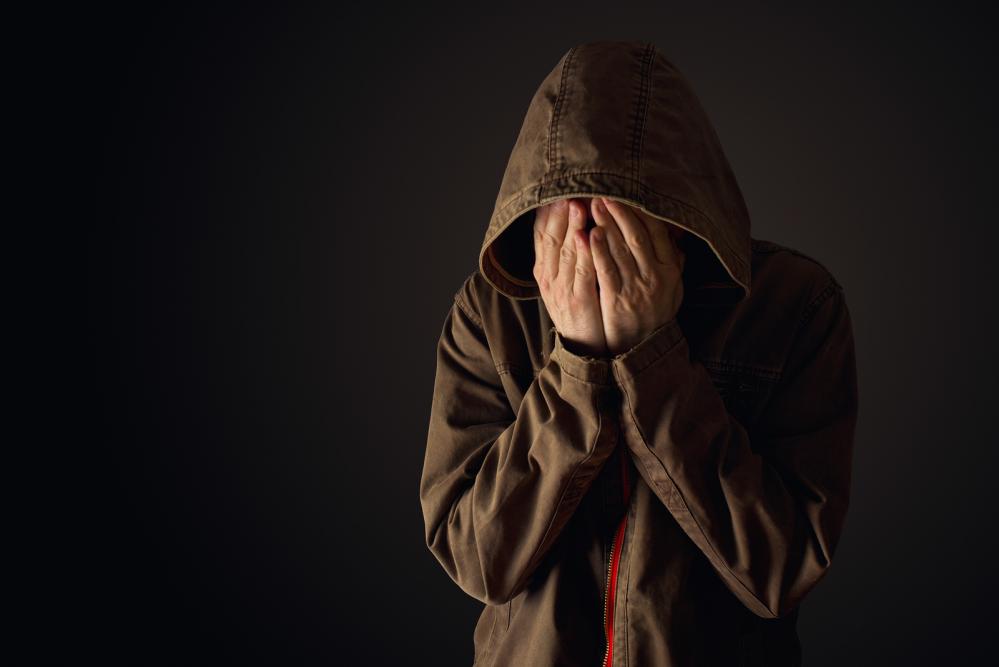Is feeling guilty or shame a part of recovery? Many people feel bad about things they did or things done to them in life. It’s true that you may have done things that were hurtful, morally wrong, or even illegal when you were using. It makes sense that you would feel bad about these things when you’re clean and sober. But “feeling bad” is not good for your mental health or recovery. Learning to cope with these feelings is an integral part of getting healthier and happier.
Where Does Guilt Come From?
Guilt is an emotion that people feel when they know they’ve done something wrong. When somebody is sentenced to jail or prison for a crime, we call them “guilty.” That’s why the word “guilt” is so powerful. Society uses it to describe when somebody did something that morally wrong, or against the law. Unfortunately, guilt isn’t something you can feel and then tuck away. You’ll feel guilty about things until you make amends, which is in the twelve steps but you probably won’t tackle until later in sobriety.
Guilt is a normal feeling, and we’ll talk about coping with it in a bit. Shame and guilt aren’t the same, and it’s important to know the difference.
Understanding Shame
Shame is a painful emotion that we feel genuinely as humans. Shame often comes from trauma as well as low self-esteem. It’s a feeling that you’re “no good” or have some sort of poisonous defect that causes bad things to happen to you. You may feel shame over things you’ve done or people you have hurt, but it’s a more powerful feeling than guilt. Often, when a person feels shame, they add up all the things they’ve done wrong in their heads, or things that have happened to them, and conclude that they’re simply “no good.”
Shame is toxic to mental health. It’s often the result of trauma such as abuse. You might feel shameful over things that happened to you or something you did. Shame is always a form of self-blame, but it’s more powerful than guilt. People often feel it deeply, even when they have done nothing wrong.
Feeling shame and guilt can cause your self-esteem to erode. Developing new coping skills and living a better life (in recovery) can help you feel less of both of these emotions.
Coping with Guilt and Shame
When you were using, you probably did things that caused you to feel bad about yourself. Feeling this way can also give you a “reason,” i.e., a trigger to use. But sometimes you probably did things you knew were wrong so you could use. Dwelling on the past can cause a cycle of guilt and shame. If you choose to drown these feelings by getting high, your self-defeating behavior can create a painful cycle of addiction. You’ll still feel guilty and ashamed, and you’ll also wonder if you can stop using again. If you feel this way, call your sponsor or go to a 12-step meeting ASAP.
As a person in recovery, it’s important to focus on today. Who you are today isn’t who you were yesterday – you’re actively working on becoming a better person. When you work on your fourth step in recovery, you’ll confess to another person things you did in active addiction that make you feel bad today. In subsequent steps, you’ll make amends if possible. Until then, you’ve got to acknowledge your feelings and work on being a better person today.
Own your shame and talk about it with others in group therapy or with your sponsor. Remember when you’re feeling bad: This too shall pass. Shame eventually is replaced by other emotions as you work on yourself in recovery.
Work on being a good person and doing things like helping others, keeping your word, and being responsible. Consider doing volunteer work or helping set up 12-step meetings by putting out chairs or making coffee. Do things that make you feel good about yourself and practice self-care such as exercise, meditation and mindfulness.
Getting Help for Addiction
Everyone has feelings of guilt and shame every once in a while. It’s natural to feel these emotions. In addiction, this pain can cause you to use.
Start living your best life in recovery by getting clean and sober. In a supportive, nurturing environment, you can start to heal old wounds and learn to live a happier, more serene life.
Give us a call to learn more about your options at 877-450-1880.

Recent Comments